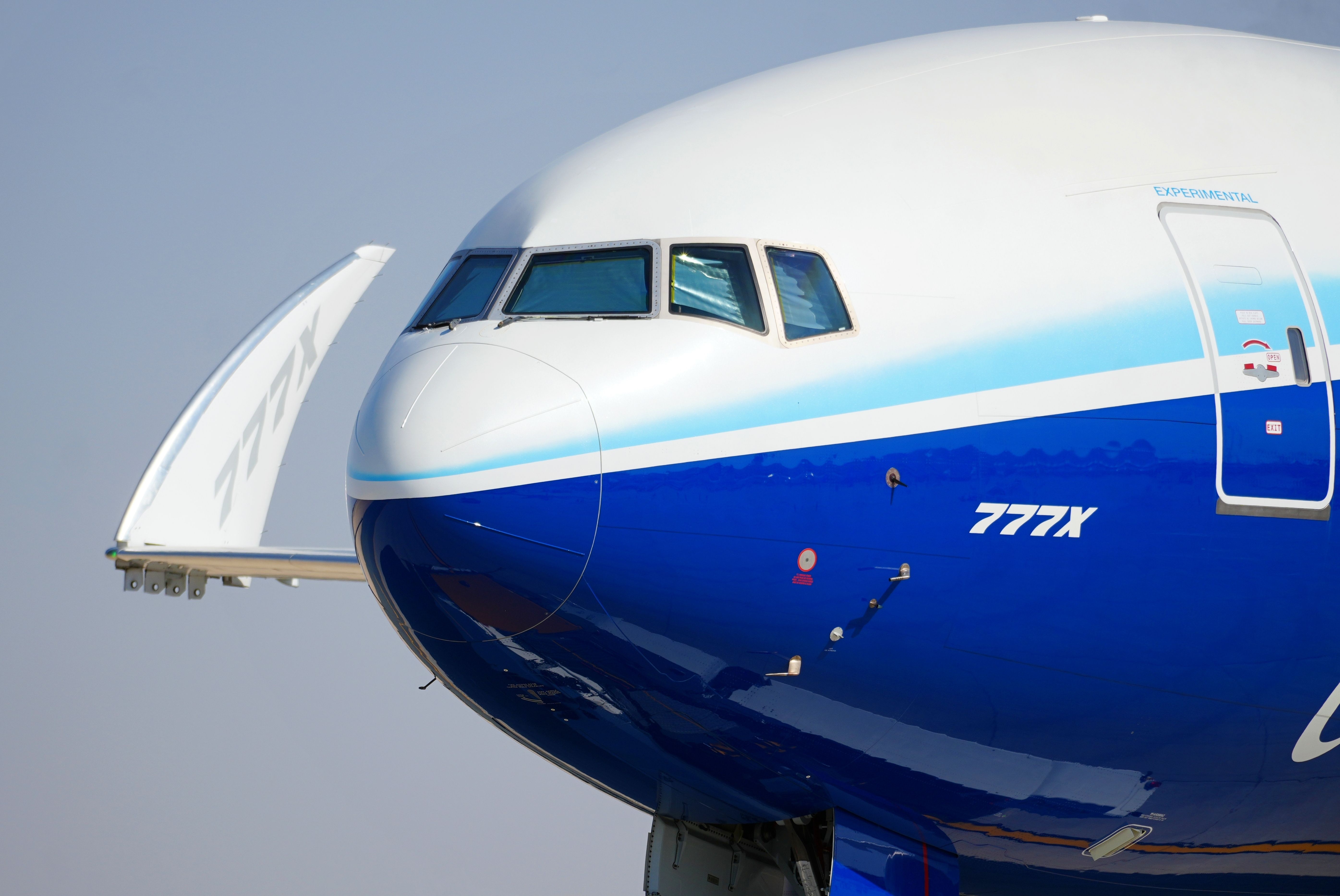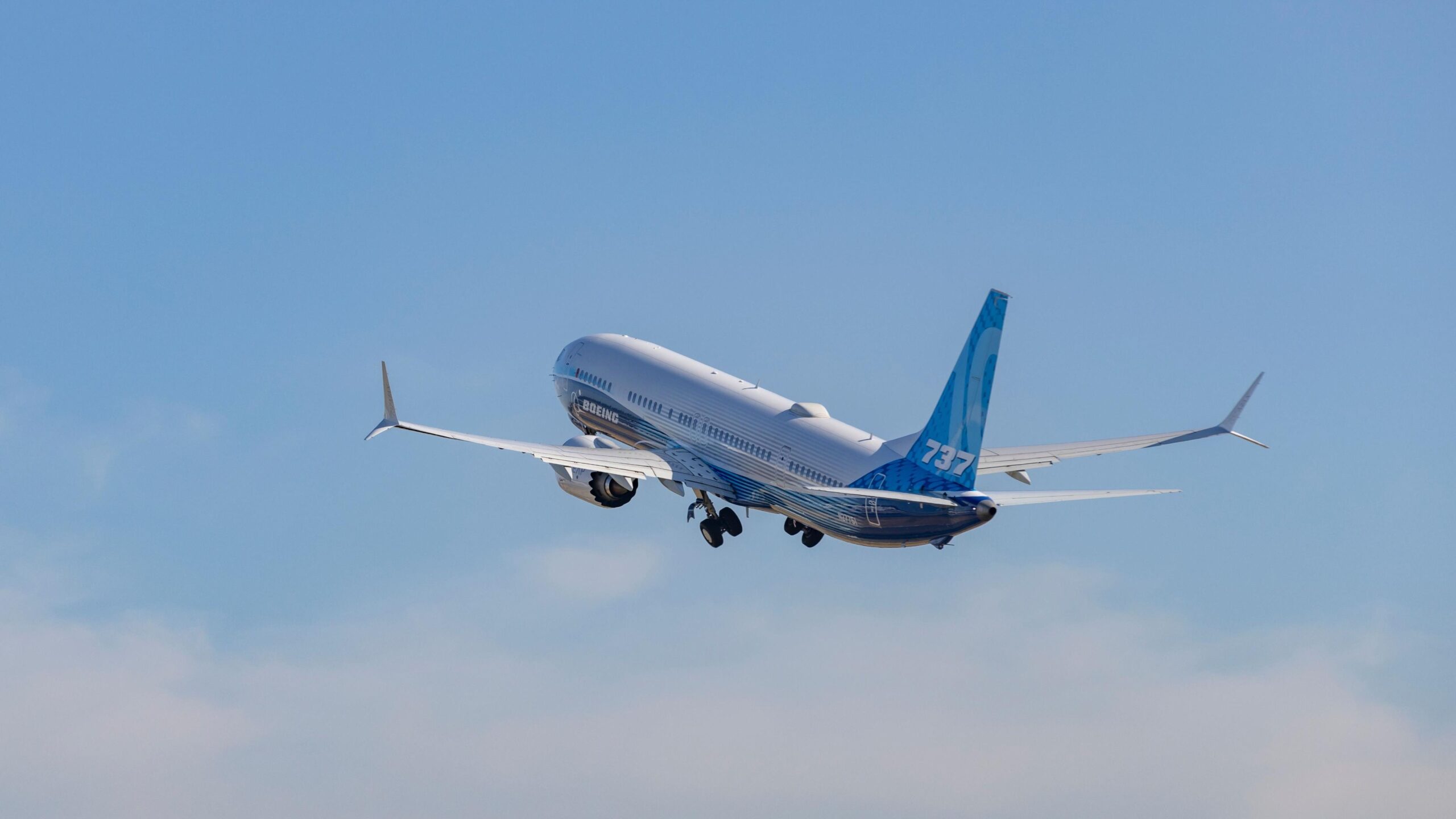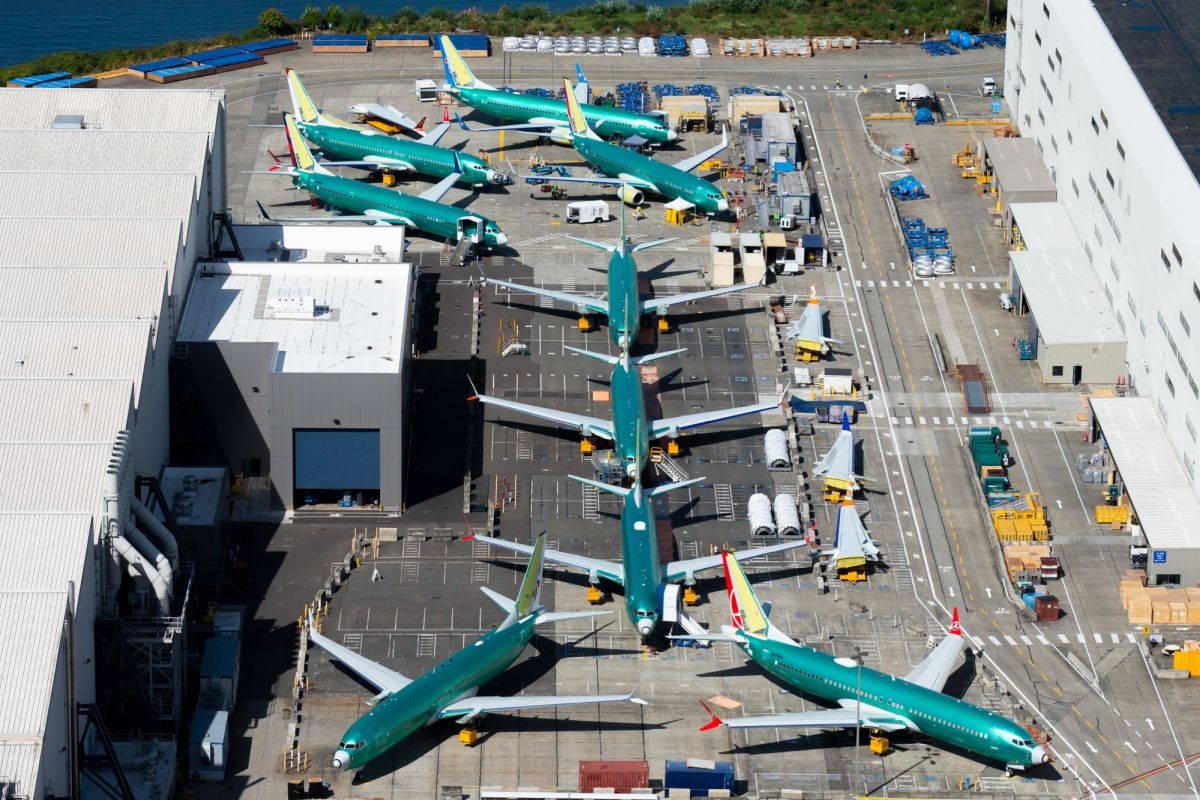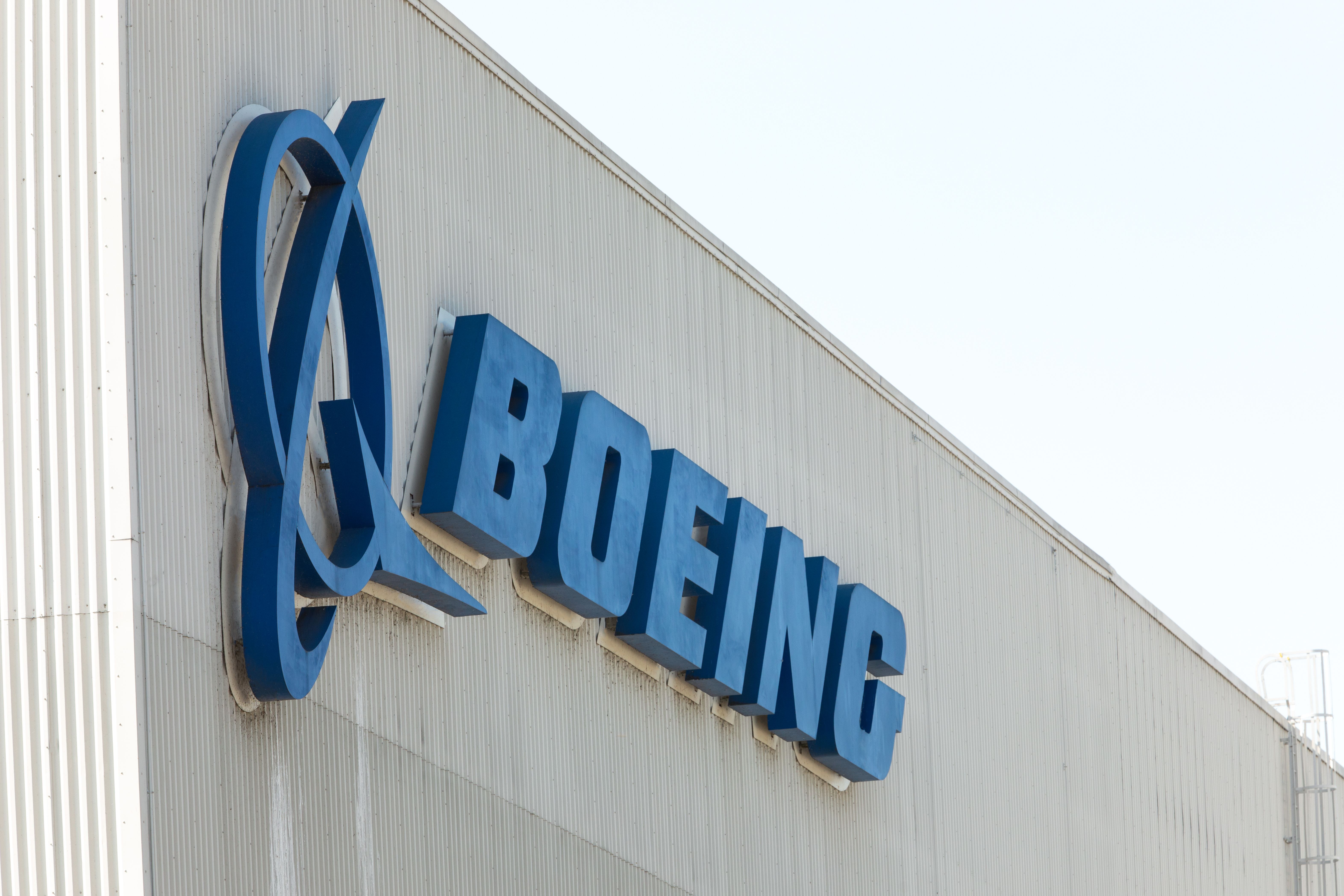![]() Boeing
Boeing
and union negotiators are set to return to the bargaining table this week after more than 30,000 workers in Seattle and Portland went on strike
. The two parties are attempting to end the industrial action, which understandably threatens Boeing’s aircraft production rate.
The workers are represented by the International Association of Machinists and Aerospace Workers (IAM) and are responsible for producing the 737 MAX
and other Boeing aircraft at its Pacific Northwest facilities. The strike comes as nearly 95% of the union’s members rejected the planemaker’s offer last week.
Continuing negotiations this week
The US Federal Mediation & Conciliation Service (FMCS) called on federal mediators after speaking to both parties on Friday – less than a day after the workers voted to strike. In a statement obtained by the Associated Press, the FMCS commented last week that negotiations will resume early this week.
“FMCS has been in contact with both IAM and Boeing to support their return to the negotiation table and commends the parties on their willingness to meet and work towards a mutually acceptable resolution.”
Photo: Thiago B Trevisan l Shutterstock
This was the first time the workers had voted on a full contract in more than a decade, but 94.6% rejected Boeing’s offer and 96% were in favor of a strike, according to Reuters. Workers began to strike early Friday morning, just after midnight, gathering outside Boeing’s factory in Renton, Washington.
They reportedly held signs that read, “Have you seen the damn housing prices?” Cars driving by honked their horns, while a speaker played songs such as “Were Not Gonna Take It” by the Twisted Sisters, and Taylor Swift’s “Look What You Made Me Do.”
Fighting for better pay
The industrial action is expected to shut down aircraft production if IAM and Boeing do not reach an agreement soon. According to the AP, the union represents 33,000 workers. They are specifically fighting for a better pay offer than what the manufacturer initially made. Since the cost of living has skyrocketed, many workers believe that Boeing’s offer was inadequate.
Photo: VDB Photos | Shutterstock
45-year-old John Olson told the AP that his pay has only increased by 2% throughout his six-year tenure at the planemaking company.
“The last contract we negotiated was 16 years ago, and the company is basing the wage increases off of wages from 16 years ago.”
“An agreement that’s good for our people”
According to The Seattle Times, Boeing’s Chief Financial Officer Brian West said the company wants “to get back to the table and hammer out a deal.” Additionally, its new CEO,
Kelly Ortberg
, is reportedly engaged personally to have the two parties return to negotiating.
“We want to reach an agreement that’s good for our people, their families, our community,” West said, according to The Seattle Times. “Our intent is to do just that.”
West further commented that Boeing was aware of a “disconnect” even before the machinists overwhelming voted in favor of a strike last week, as the workers reportedly vented their frustrations over the terms of its offer throughout the week.
The CFO said it became “loud and clear” that its deal presented to the workers “didn’t meet the mark.”

Read Next
How Will Boeing’s Worker Strikes Impact Delivery Schedules?
Boeing had already faced tough delivery schedules before its worker strike was announced this week. There were notable production delays, and the company was trying to adapt to revised timelines ahead of the big news. Boeing’s CFO has now confirmed that the strike will impact KC-46 production. Still, will other programs face significant delays? Let us know what you think below!



